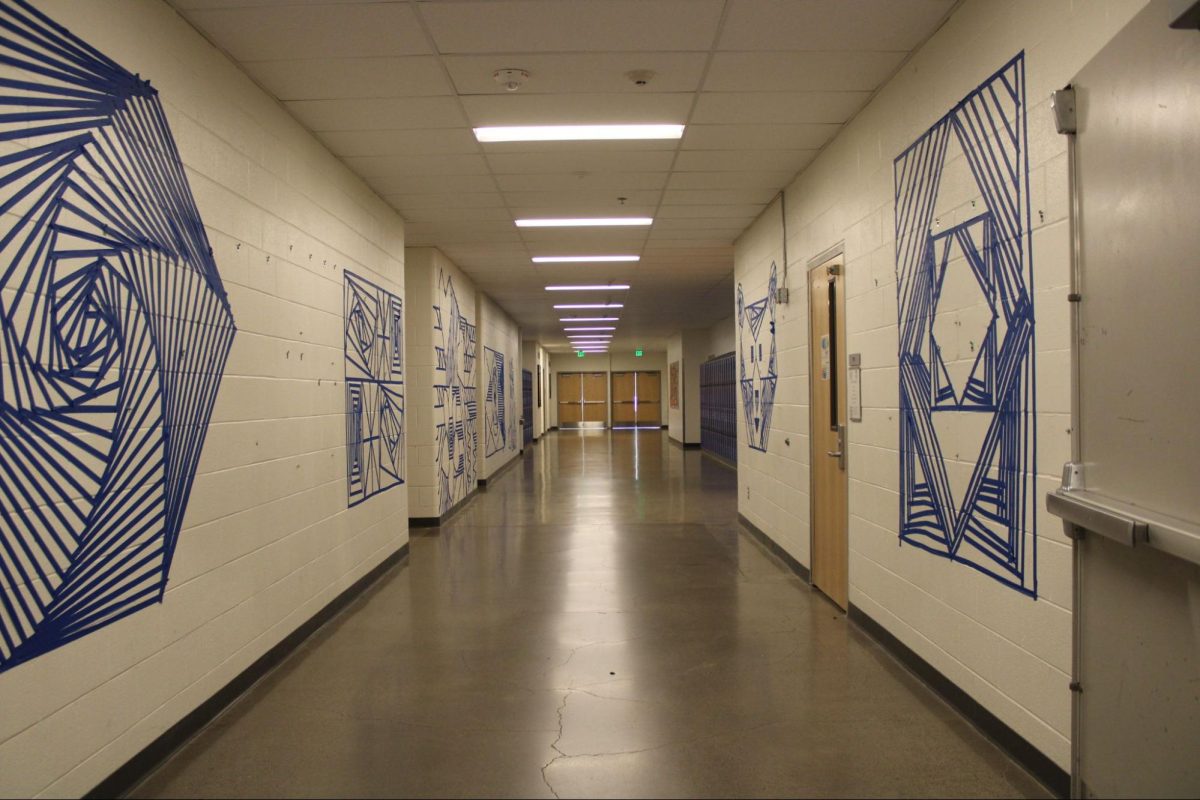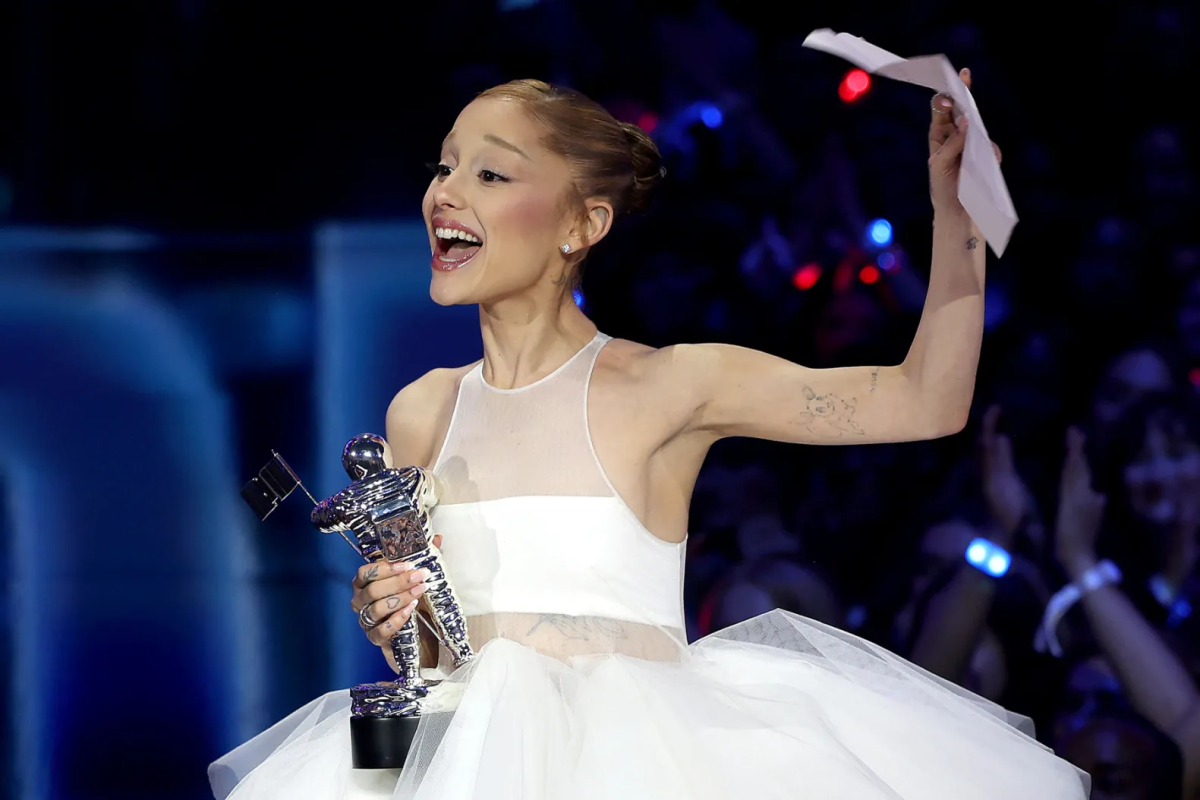Napoleon Bonaparte is one of the most enduring figures in the history of Europe and the world at large. At one point Bonaparte’s empire controlled almost all of Europe, and he upset the established balance of power tremendously. The events of Bonaparte’s life have been depicted in film countless times, and Ridley Scott has decided to add his name to the long list of the great emperor’s biographers with his lengthy new biopic, Napoleon.
Scott is one of the most successful and prolific directors of the modern era, having worked on more than 50 projects over the last four decades. Much of Scott’s previous work has received significant praise, Including seminal sci-fi classics like Alien (1979), and Blade Runner (1982), as well as gripping historical dramas including Gladiator (2000), and Kingdom of Heaven (2005). Scott has proven himself a very capable director, and this remains true in Napoleon. Performances are across the board, especially from Juaquin Phoenix as the emperor himself, and Vanessa Kirby as Joséphine Bonaparte. The film is also absolutely gorgeous at times, and it’s clear that Scott was given the resources needed to fully bring the events of the story to life.
That said, Napoleon does struggle with its story and characters quite a bit. One of the biggest problems with Napoleon is one that biopics often struggle with, scope. The film attempts to cover more than 30 years of history in just under three hours. Following Bonaparte from his siege of Toulon in 1793, to his death in 1826 is a herculean task, even for a director as experienced as Scott. And ultimately, Napoleon, like so many other biopics before it, is not up to the task.
Years flit by in seconds as the film leaps from one important moment to the next, hardly giving the audience any time to process what has just happened before it speeds off to the next battle or dry political discourse. In one scene, Napoleon forms an alliance with Alexander I of Russia, only for Alexander to betray him a few scenes later. The betrayal comes out of nowhere, and is given only a few moments of attention. The film makes this seem as if there was hardly any time between these two events, despite the scenes being set almost three years apart. Similar time-jumps can be found throughout the film, such as when Napoleon goes from gunning down royalists in 1795, to fighting in Egypt in 1799, to overthrowing the French government, all in a matter of minutes.
The disjointed nature of the narrative does more than make it hard to follow what’s happening, it really hurts the characters, and the dynamics between them. Napoleon and his wife Josephine are an especially notable example. Their relationship is at the heart of the movie, and it’s their troubled romance which ultimately drives the story forward in many cases. And yet, none of it feels earned. Neither one of them is developed enough to make their relationship feel impactful. Even Napoleon, the title character, feels hollow and underdeveloped. It’s really only in the sprawling battle scenes that he gets to display any discernible character, as it’s one of the few times he makes any actual decisions that drive the plot forward.
Napoleon Bonaparte set the world on fire and carved his name into history. He wasn’t a good man, not by any stretch of the imagination, the more than 3,000,000 people who died in his wars can attest to that. But Bonaparte is someone who deserves to be remembered, if not for him than certainly for the impact he left on the world, and frankly, he deserved better.








